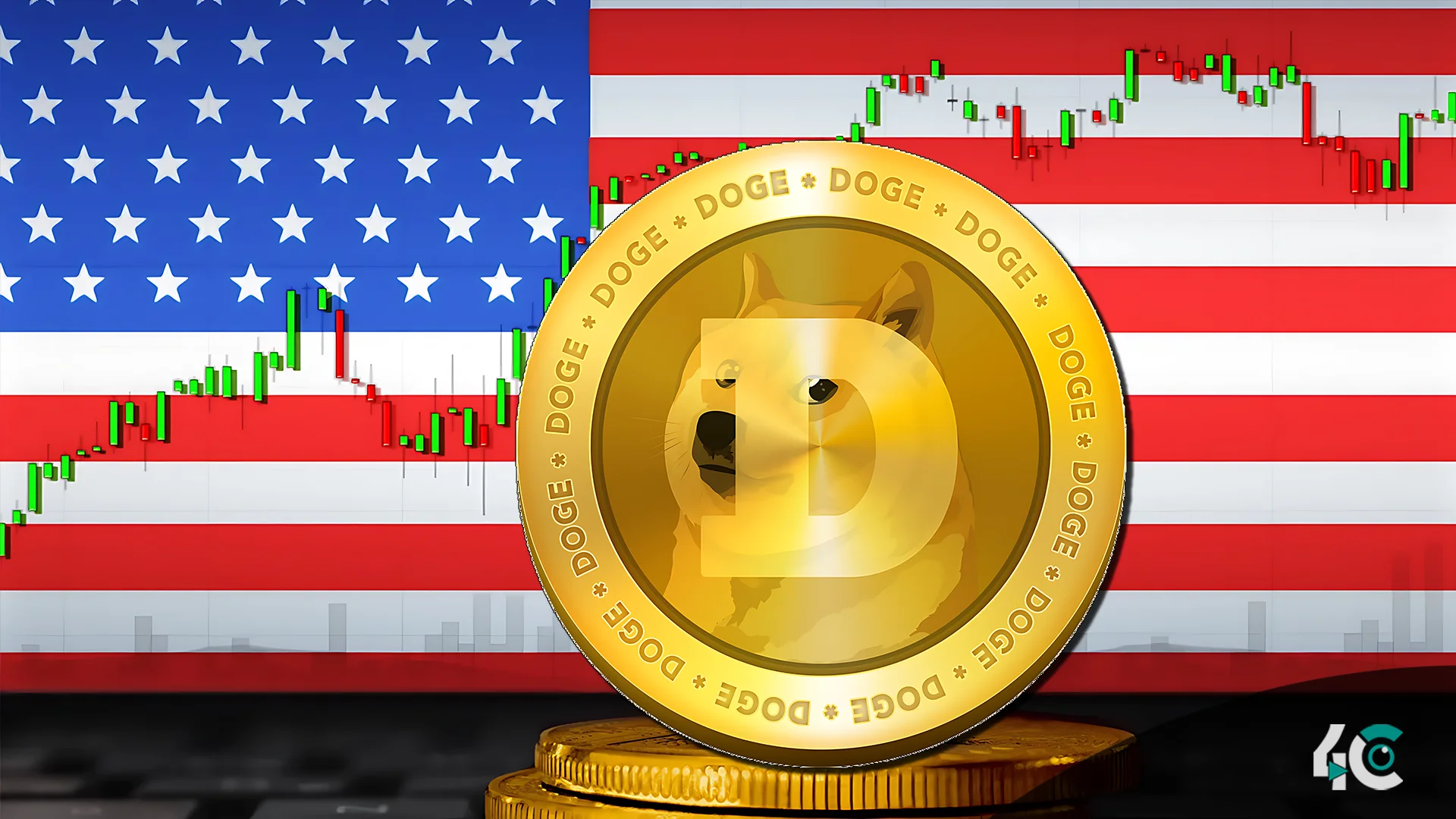With the creation of the Department of Government Efficiency (DOGE), the United States has started a new and innovative program to make the government work better. President-elect Donald Trump announced the creation of the agency, tasked with reducing federal waste, optimizing processes, and eliminating unnecessary rules. Elon Musk, CEO of Tesla, and Vivek Ramaswamy, an entrepreneur, will be in charge of the project.
Brian Armstrong, CEO of Coinbase, has given this project his full backing, calling it a unique chance to boost economic freedom while also addressing long-standing problems with government spending too much. Armstrong suggested changing the Constitution to limit federal spending to 10% of the country’s GDP. He did this because he believed that unchecked spending had caused the government to grow too quickly, often at the cost of maintaining a stable budget.
Armstrong says that the Founding Fathers didn’t think about how political systems could unintentionally encourage bigger government budgets by giving voters promises of benefits. He stressed the importance of reforms to make sure that spending plans are in line with the country’s long-term goals.
He proposes the establishment of a U.S. sovereign wealth fund, where all individuals would hold a stake and the fund would distribute budget surpluses as dividends. Armstrong believes that this method would directly engage all Americans in financial responsibility, thereby promoting better governance. He also suggested punishing lawmakers who support unbalanced budgets, such as preventing them from running for office again.
Elon Musk and Vivek Ramaswamy, who are in charge of the DOGE project, have promised to see real results by July 4, 2026, which is also the 250th anniversary of the United States. Musk has hinted at big changes, and Ramaswamy has promised to take on inefficient government agencies head-on. But the agency’s operating details are still not clear, which makes people wonder how it will reach its lofty goals within the limits set by the federal government.
The news also caused a change in Dogecoin, the cryptocurrency that shares the agency’s name. As soon as the news broke, Dogecoin’s value skyrocketed, reaching a peak of $0.39. There isn’t an official link between the agency and the cryptocurrency, but the coincidence has investors and fans interested in Dogecoin again.
As the initiative moves forward, its ability to change the way government works and promote economic freedom could set a new standard for the future of the country. Armstrong’s ideas for streamlining government work and sharing wealth with citizens show how matching financial policy with the public good can have a wide range of benefits.
































